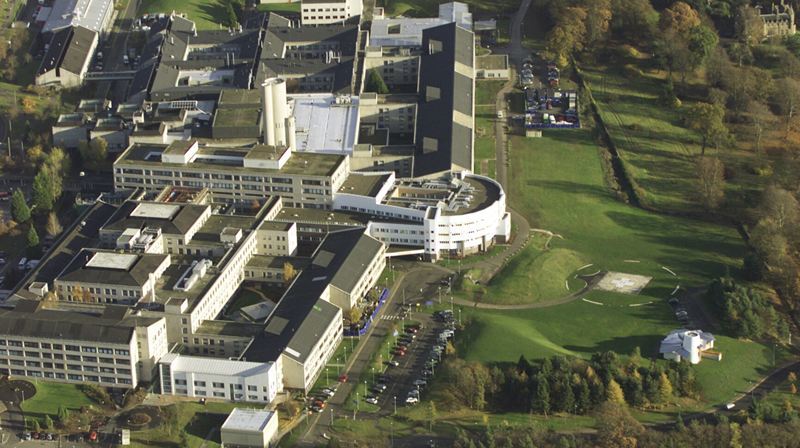Far more people died within 30 days of a diagnosis of bowel cancer in Scotland than did after a diagnosis of breast cancer, new research has shown.
The researchers, including cancer specialists Alastair Munro and Bob Steele, based at Ninewells Hospital in Dundee, found nearly five times as many people died within a month of diagnosis of bowel cancer compared to breast cancer.
They wanted to find out if there were any similarities between the patients who died and looked at the influence of factors such as smoking and drinking on the outcome. Their research, published in the British Journal of Cancer, found more than 6% of bowel cancer patients in Scotland died within 30 days of diagnosis.
These people were more likely to be elderly, deprived, have poor general health, have more advanced, aggressive cancers, and be admitted to hospital as an emergency. They were also more likely to have had previous hospital admissions with alcohol or smoking-related diseases.
Fewer breast cancer patients died within a month of diagnosis just under 1.5% but those who did had many of the same characteristics.
Researchers analysed the records of over 36,000 breast and bowel cancer patients in Scotland from 2003 to 2007 for the study. They found 1129 bowel cancer patients died within 30 days of diagnosis and 249 breast cancer patients.
Dr David Brewster, lead researcher based in the NHS National Services Scotland, said, “Our findings are a reminder that survival after a cancer diagnosis depends on a wide range of factors, and not just the quality of treatment.”
For many cancers, survival in the UK is not as good as some European countries, such as Sweden and Norway. Ongoing research is looking to see whether reasons such as low awareness of signs and symptoms leading to late stage at diagnosis, and levels of other illness and general health might be behind this difference.
Sara Hiom, Cancer Research UK’s health information director, said, “The most significant lifestyle factors affecting cancer survival identified in this paper are smoking and alcohol which we know also significantly increases the risk of cancer overall.”
